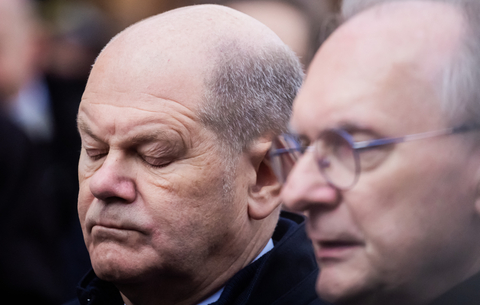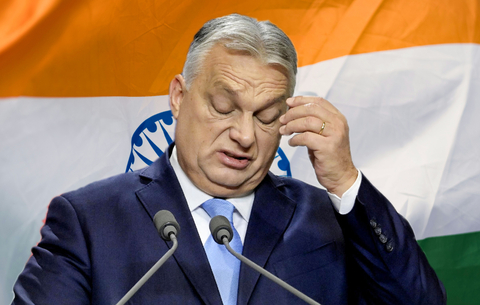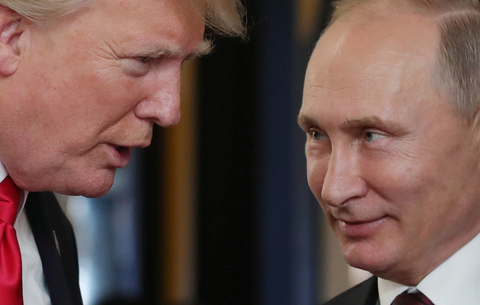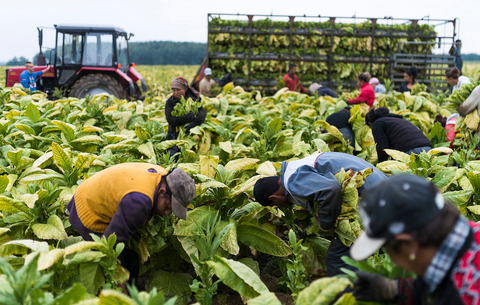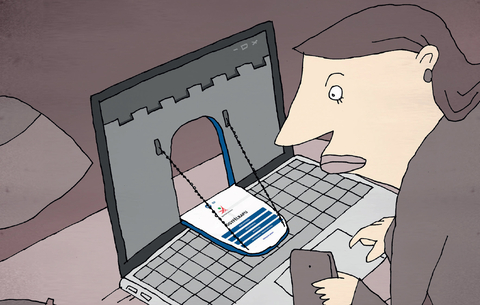New environmental minister
There's no way of knowing what political advantage Gabor Fodor expects to gain from serving as environment minister. But we can guess what it means for Janos Koka: by bringing his rival into the tent, he is trying to neutralise his critics within the party. The Free Democrat leader does not want Fodor to steal an in any case rebellious party from beneath him.
Since 1990, the "green ministry" has mostly functioned as a comfortable burial ground for ageing politicians. It has been held by grey technocrats with no party hinterland. In 1994, when the Socialists and the Free Democrats were negotiating to form a coalition, Gyula Horn tried to force the environment ministry on his junior coalition party. But they didn't want it, so they went looking for a Socialist MP who would accept this degrading post. Yet this ministry has important responsibilities to future generations. It has to react to climate change. The Carpathian Basin collects water from throughout the region - and is slowly turning into a cesspool as a result. So it is not encouraging to see this portfolio being passed hand to hand like damaged goods.
Fodor has always played the role of appealing loser in Hungarian politics. In 1993, when he still aimed for high office within Fidesz, he came second behind Orban. In 2000, he lost out to Demszky, later he lost to Kuncze, and now he has lost to Kuncze. Fodor has been more successful as a critic within his parties, acting as their conscience, than as a leader. Everyone agrees that the low point in his career was the single year he spent as minister for culture. As minister in charge of education, Fodor lacked the political skills needed to make an impression, even though he genuinely had things to say about education and culture. There's little doubt that he would have achieved more in this parliamentary cycle if he had remained in his role of the internal party opposition.
The question is whether he regards the job as his swansong or as a period of enforced rest? Does he plan to do battle with Koka once again in a few months or a few years? If this is his plan, then he has to declare his hand. If he doesn't come up with something by the time of the European Parliament elections at the latest, then he will be past his sell-by date.
But it would be wrong to start burying Fodor. The green ministry has little weight, but this means it doesn't bear the risks associated with the health ministry, which is in a permanent state of war. If our hero simply wants to keep himself out of the fight, then he might be making a wise decision. But he does look like something of a dilletante. Admittedly, there is one public figure who managed to move on to higher office from a ministry even less consequential than the environmental. It was the Ministry for Sport in this case. But Gyurcsany had something that Fodor lacks: he is a leader, good at networking, with a pragmatic ability to weigh up his options.
In any case, we'll soon find out whether Fodor escapes from a place he should never have entered in the first place.
Laszlo Tamas Papp
